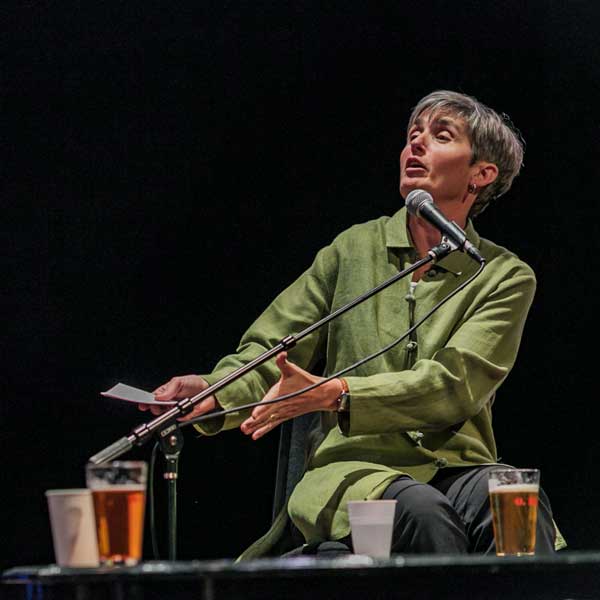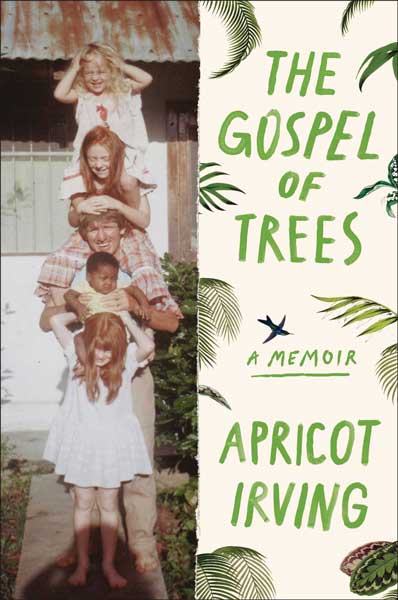
“We are all shuffling around, bruised and tender: scrambling, scrounging, fighting, fists in fury, tongues thick with unfulfilled dreams, throats crammed with birds beating wildly, wings pinned. Our university is closing: We are connected by the death of a shared dream.”
—Shilo Niziolek, Marylhurst University graduate, in “Acceptance,” her Beyond the Margins essay about the university’s closing
 “Is a personal relationship required to change someone’s mind? Can it happen in the world of ideas?
“Is a personal relationship required to change someone’s mind? Can it happen in the world of ideas?
—Emily Harris, reporter and producer for the Reveal radio show and podcast, in conversation with Eli Saslow at an October 2018 Think & Drink conversation about the culture that gives rise to white nationalism.
 “When we don’t know what to make of a situation, we grope for a familiar pattern, a path worn into the grass. The danger, of course, is that by imposing our own expectations, we fail to see anything clearly.”
“When we don’t know what to make of a situation, we grope for a familiar pattern, a path worn into the grass. The danger, of course, is that by imposing our own expectations, we fail to see anything clearly.”
—Apricot Irving, author of The Gospel of Trees: A Memoir (Simon & Schuster, 2018)

“For me, talking to young people about sex is in part about support, tools, and access to things that will keep them safe—if having sex is a choice that they’re making—but it is also about these questions that are applicable throughout their whole lives as realized beings. For example, who do they want to be in their relationships? How do they want to feel in those relationships? What are the ways that make them feel like their most authentic selves in their relationships? Do they feel comfortable talking to people—whether it’s their partner or their best friend—about something that makes them uncomfortable? Those are life skills.”
—Emily Squires, facilitator of the Conversation Project program “Listening to Young People”

“On Williams Ave, I beheld more miles of bike lanes and bike shops and bikers and the BikeBar. There was an art deco hospital building under construction and a bakery and a hair studio and a Pilates studio and yet another damn yoga studio. There was a mother pushing a hooded stroller and a couple traipsing the sidewalk hand in hand as if this world would never fail them. But what I didn’t see on Williams Ave was a single black face any which way my head turned. Our absence made me question whether this new city is the yield of what they’ve sown or what we’ve reaped?”
—Mitchell S. Jackson, clinical associate professor of Writing in the Liberal Studies Program at New York University, in his book Survival Math: Notes on an All-American Family (Scribner, 2019)
Now it’s your turn. Share your thoughts about the quotes on these pages—and the rest of this issue—on Twitter (@orhumanities), Facebook (Oregon.humanities), or Instagram (@oregonhumanities) with the tag #readtalkthink.
Comments
No comments yet.